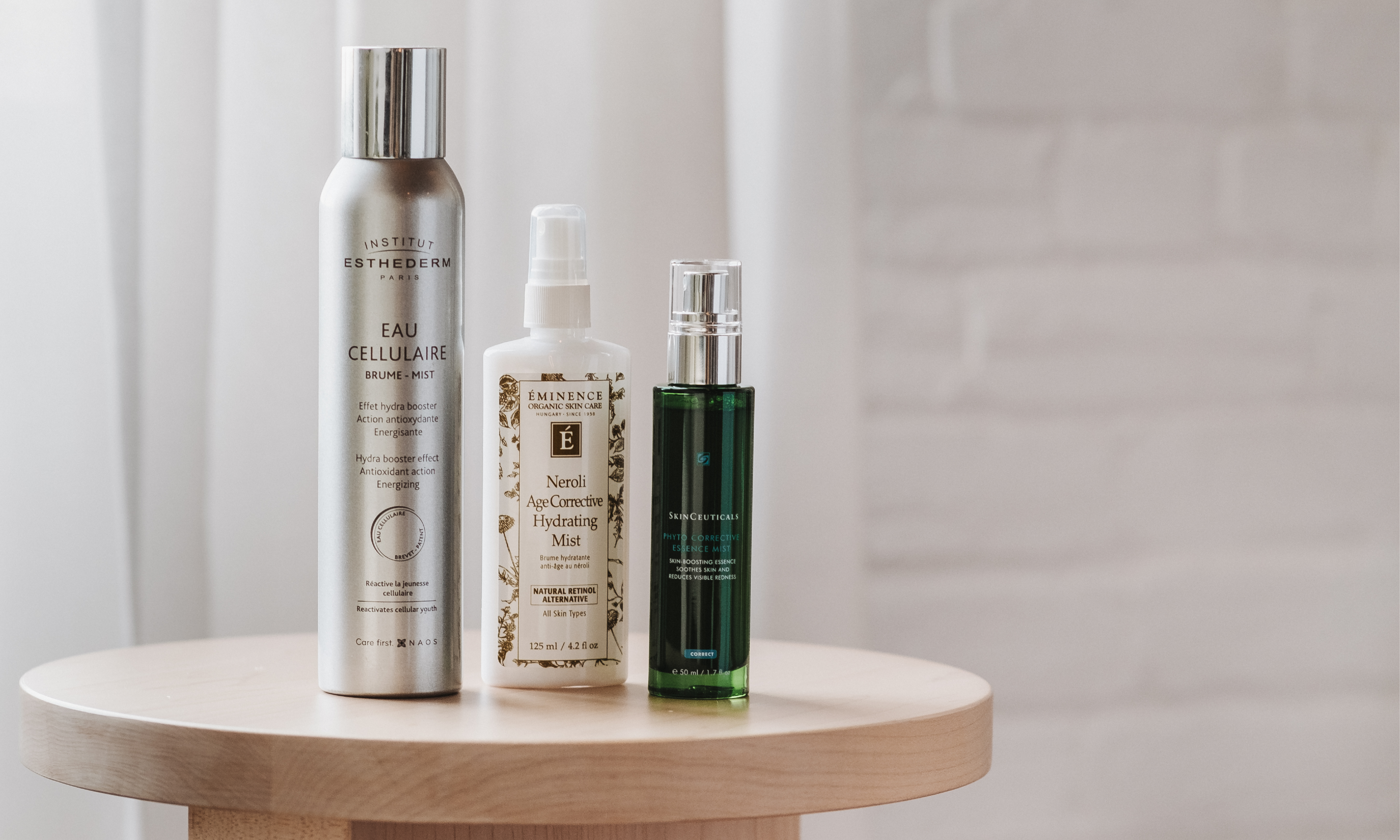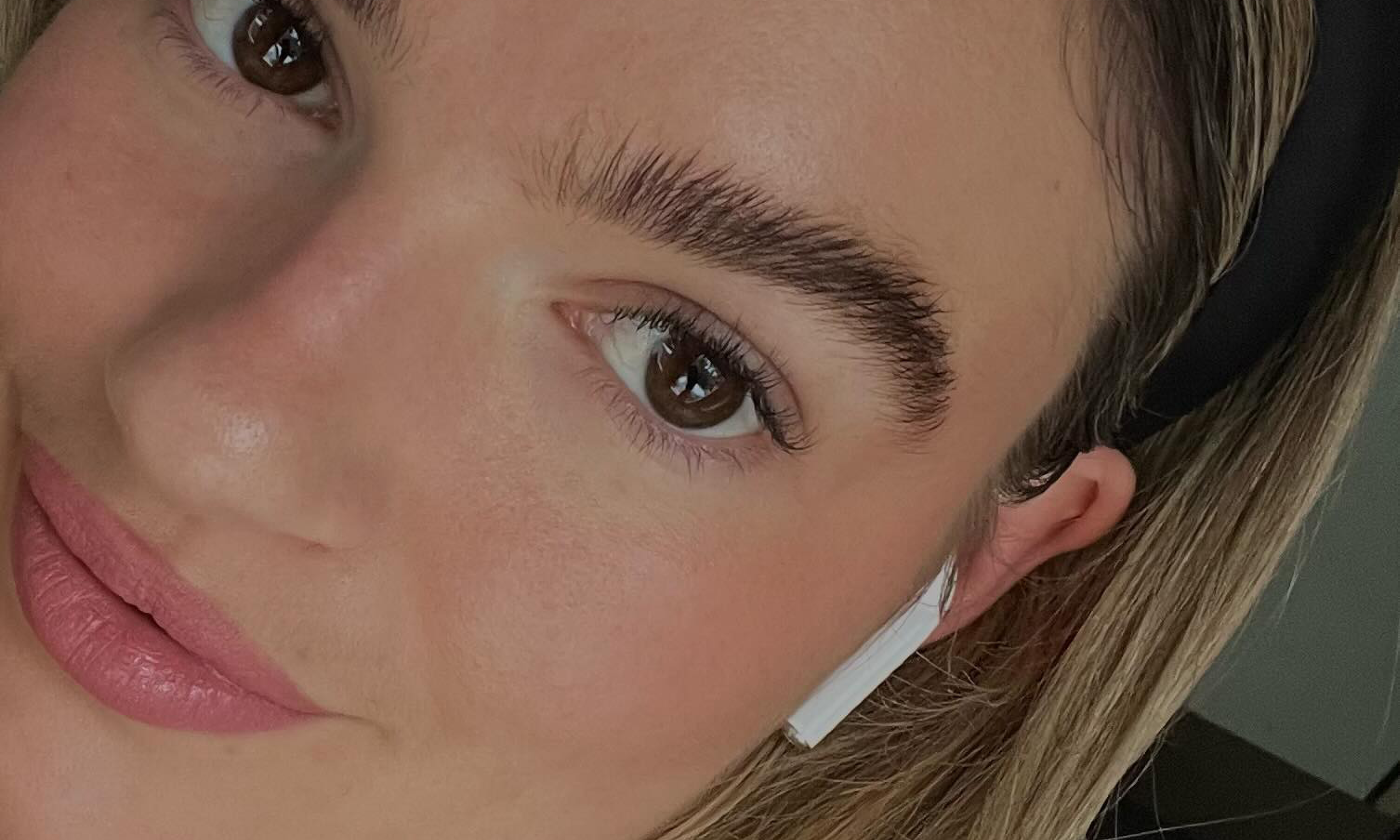
Skin Type VS Skin Concern
"Skin type" and "skin concern" are two very different aspects of your skin health which can oftentimes get mixed up interchangeably. However, by properly understanding the difference between both, you can find the best professional skincare options and treatments to address your specific needs.
Ready to learn how to differentiate all the jargon? Read on below!
SKIN TYPE
The term ‘skin type’ refers specifically to your skin's inherent characteristics. These are largely determined by genetics and tend to remain relatively consistent over time. There are four primary skin types:
- Normal Skin, which has a balanced level of moisture and oil production. In other words, it’s not too oily nor too dry and typically has a smooth texture.
- Dry Skin usually lacks sufficient moisture and feels tight, flaky, or rough. It may also have visible fine lines and a dull appearance.
- Oily Skin tends to produce excess sebum, making the skin look shiny and greasy. People with oily skin may have larger pores and are more prone to acne and blemishes.
- Combination Skin is a mix of two or more skin types. Commonly, the T-zone (forehead, nose, and chin) will be oily, while the cheeks are dry or normal.
Unsure how to determine yours? Check out our online Skin Quiz to answer your skin type questions!
SKIN CONCERN
‘Skin concerns’ will refer to specific issues or problems you may experience with your skin. These concerns are not necessarily tied to your skin type. They can be temporary or long-term and will likely be influenced by various factors––such as lifestyle, environment, age, and hormonal changes.
Common skin concerns include:
- Acne, characterized by pimples, blackheads, and whiteheads, is often caused by excess oil, bacteria, and inflammation.
- Hyperpigmentation, which will manifest itself as dark spots or patches on the skin caused by an overproduction of melanin. This is often due to sun exposure, post-inflammatory hyperpigmentation (PIH), or hormonal changes.
- Fine Lines and wrinkles are signs of skin aging and are more common in areas where the skin is prone to repetitive movements (such as the eyes and mouth).
- Sensitivity, which can lead to redness, irritation, and discomfort. This is often triggered by external factors like certain product ingredients or environmental conditions.
- Dull skin will appear to lack radiance and may be caused by dead skin cell buildup or (often) dehydration.
Addressing skin concerns requires targeted treatments and specific products, such as acne-fighting ingredients for acne-prone skin, brightening agents for hyperpigmentation, and protective and hydration products for dull/sensitive skin.
SO, WHY DOES IT MATTER?
Understanding your skin type is essential because it helps you select appropriate skincare products that cater to your specific needs. It's essential to identify both your skin type and specific skin concerns to develop an effective and personalized skincare routine.
If you’re overwhelmed or don’t know where to start, a great way to move forward is to consider consulting a skincare professional. If you're unsure about either your skin type or how to address specific your skin concerns effectively, they can provide personalized recommendations based on your unique skin needs. And yes––you can book your virtual consultation with one of our incredible BSE skincare experts right here to get started!
Until next time,
The BSE Team











Leave a comment
This site is protected by hCaptcha and the hCaptcha Privacy Policy and Terms of Service apply.